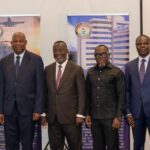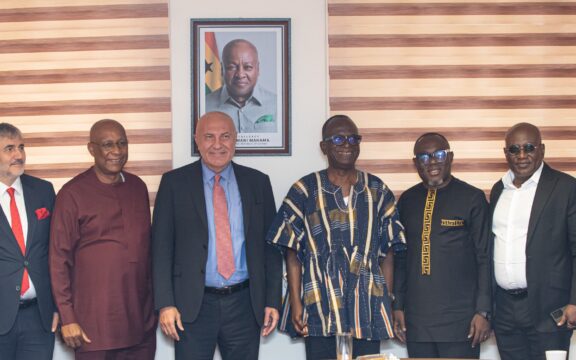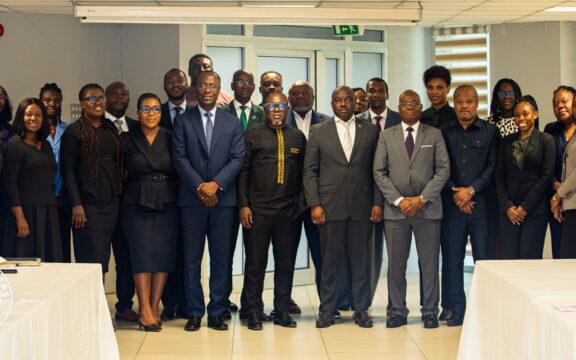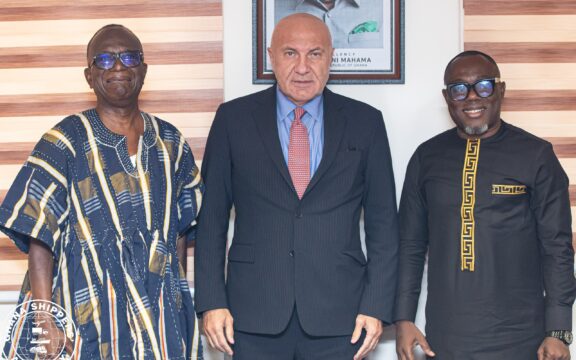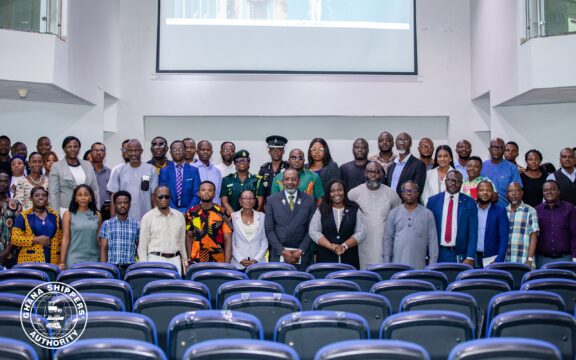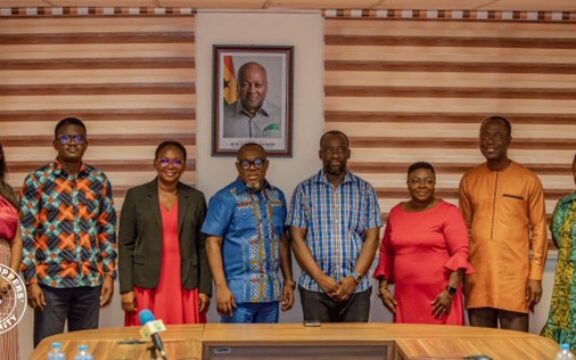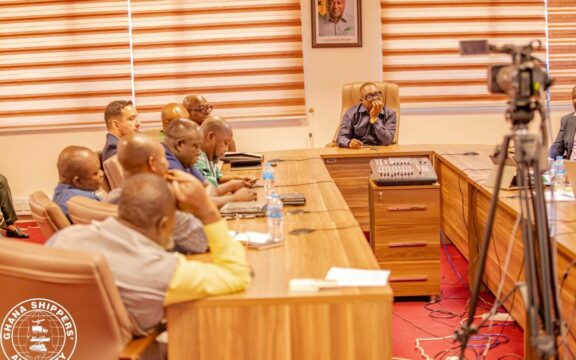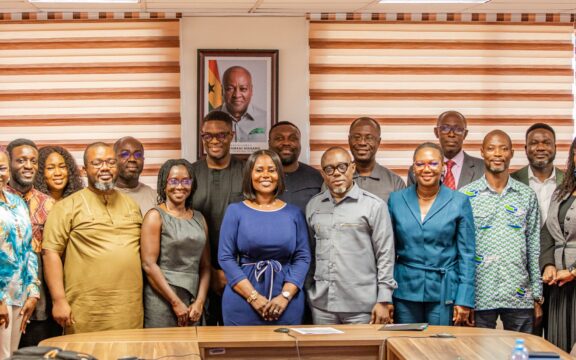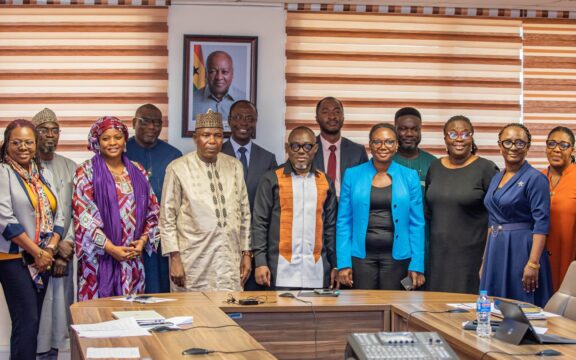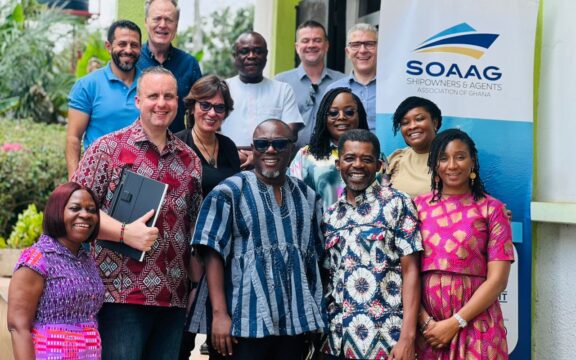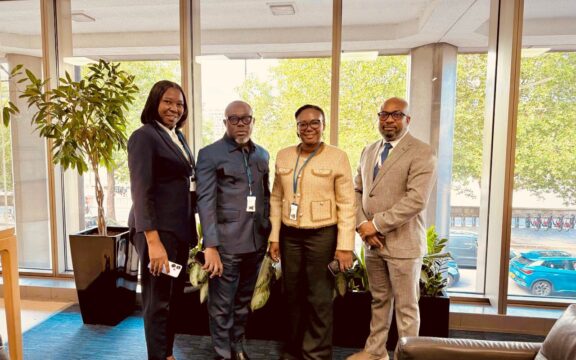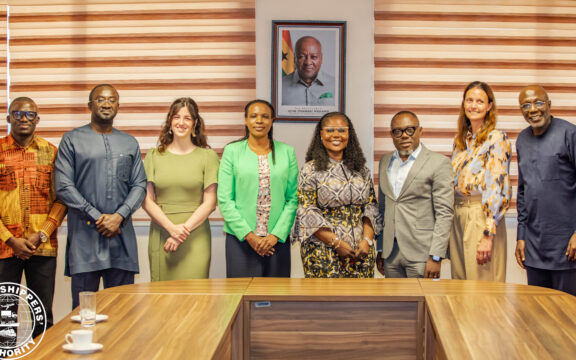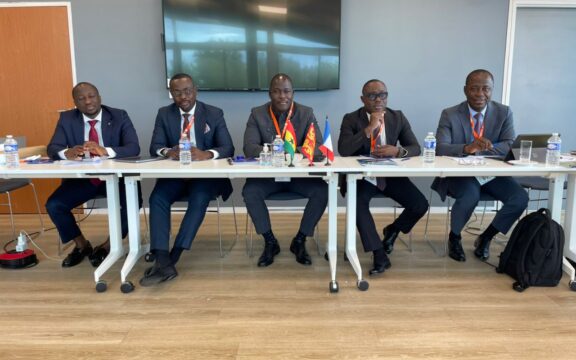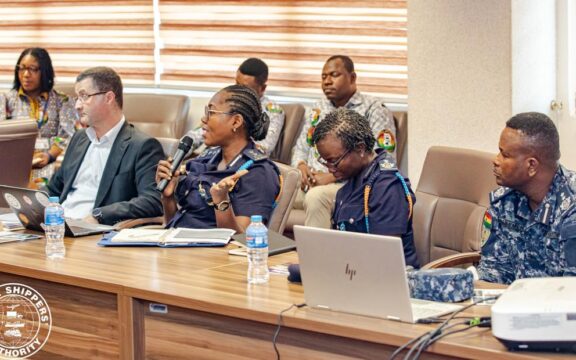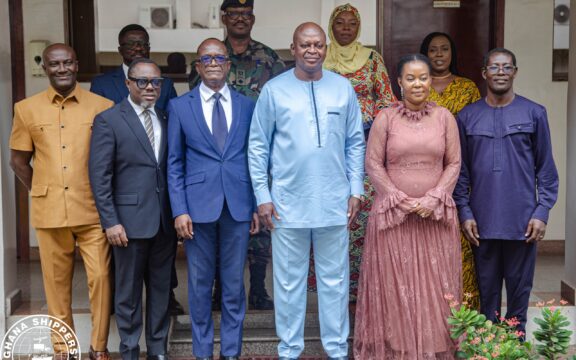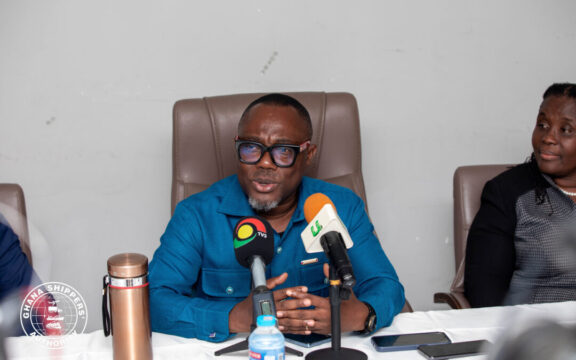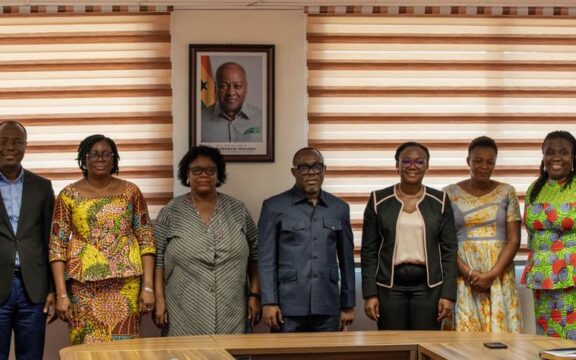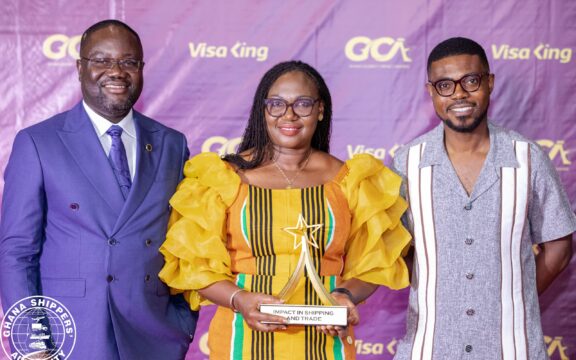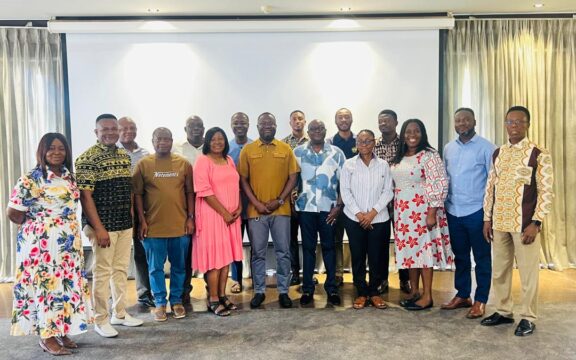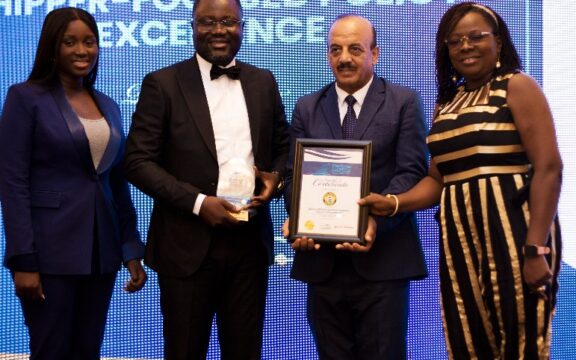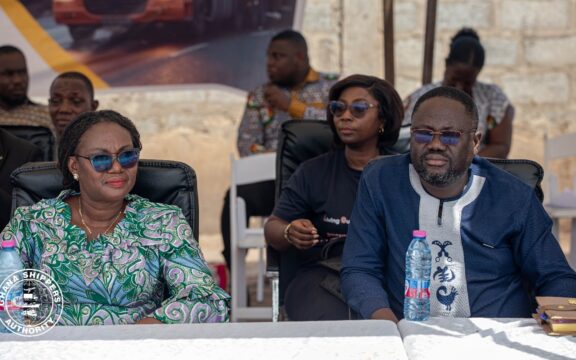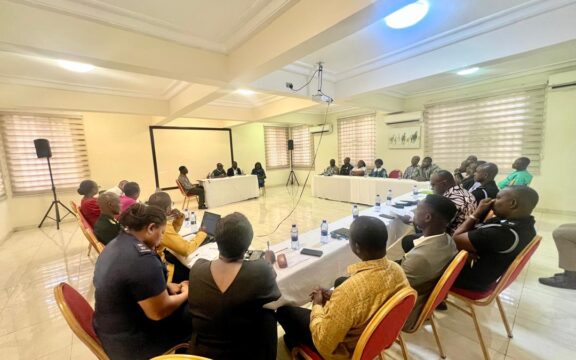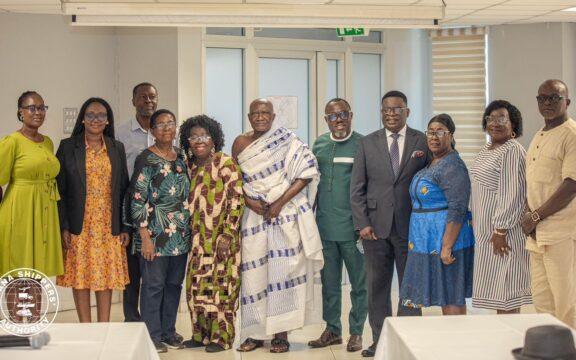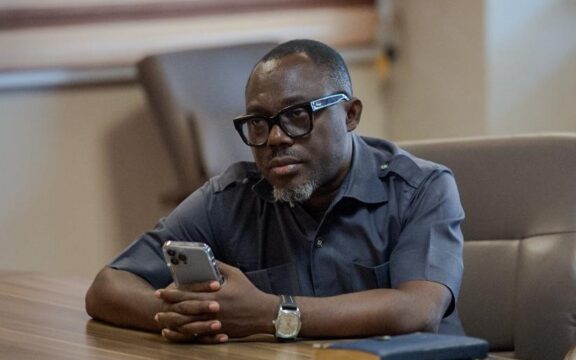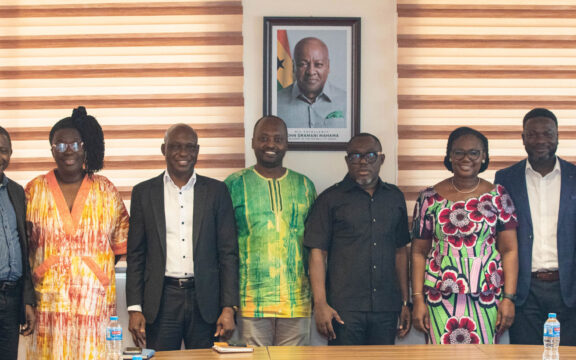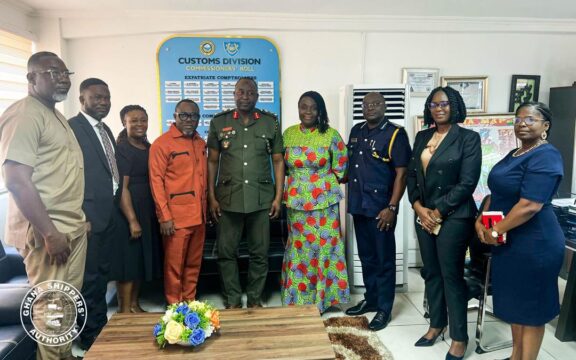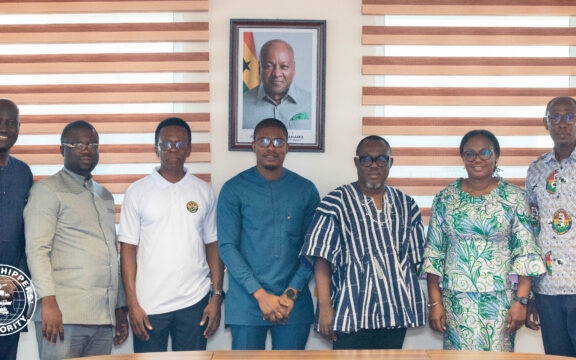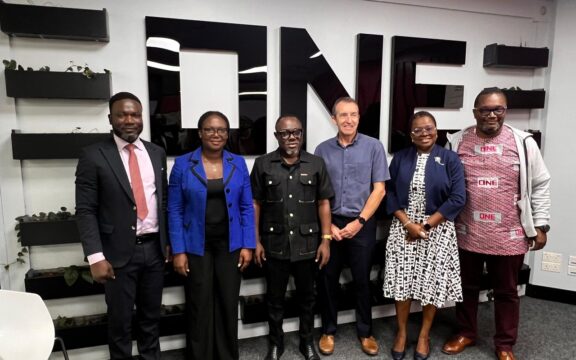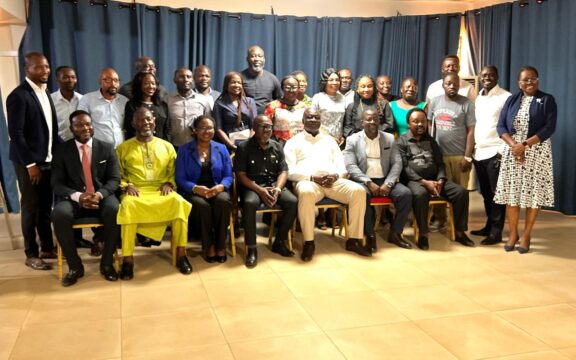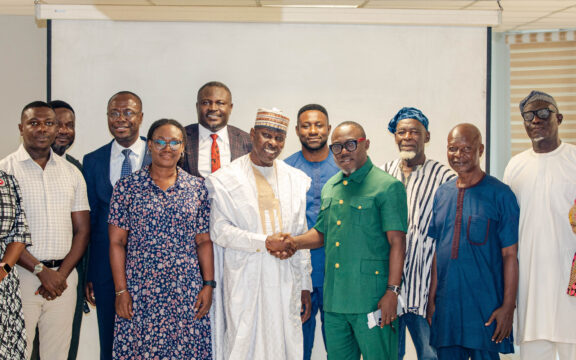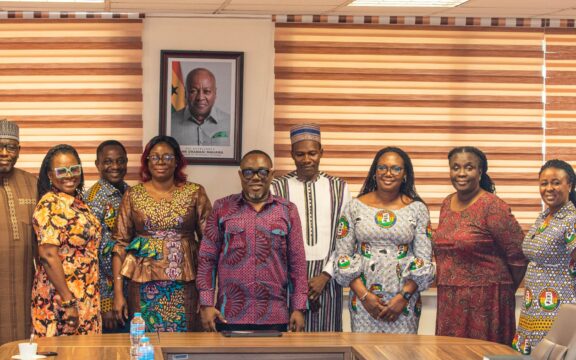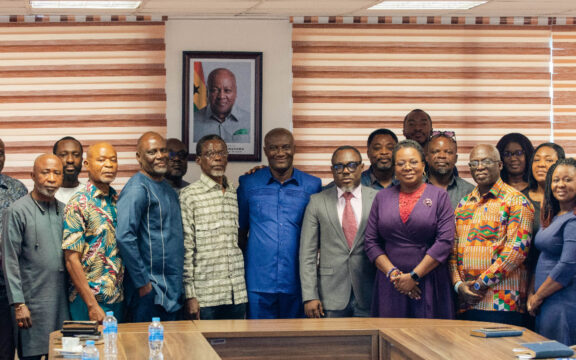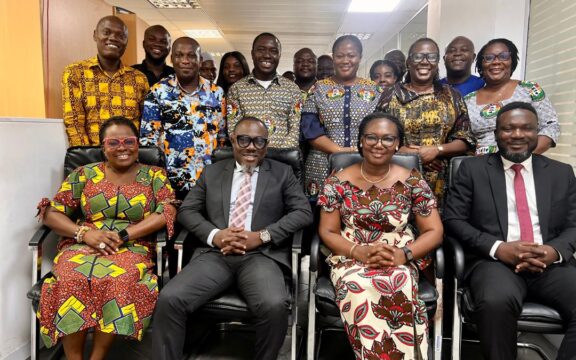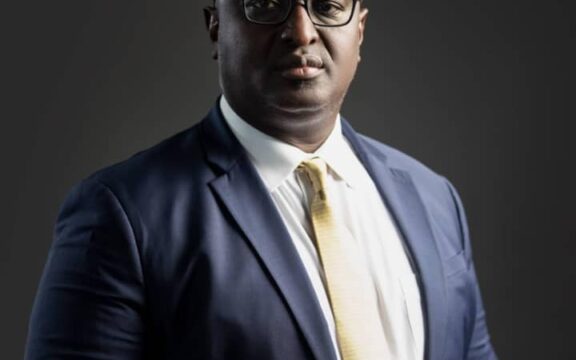For three days in the final week of October, the Accra World Trade Centre pulsed with the energy of Africa’s trade ambitions. The Transport and Logistics Fair 2025, Ghana’s flagship industry event, ended on a high note, reinforcing the nation’s reputation as the gateway to West Africa.
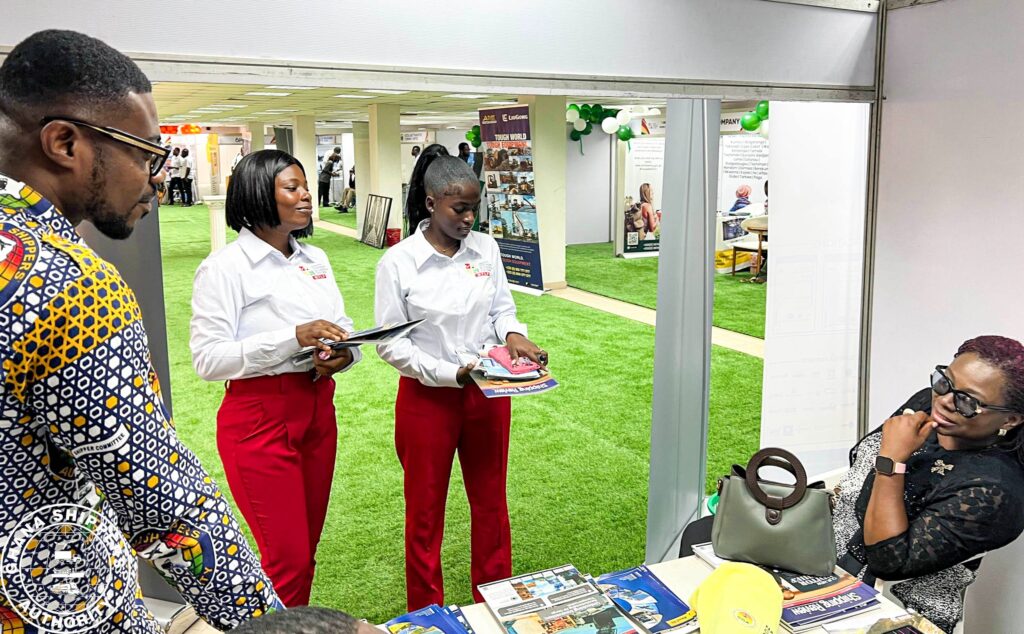 With more than 200 exhibitors from Ghana and abroad, the Fair was more than a showcase. It became a meeting point for global logistics players, freight Forwarders, and Regulators, a space where ideas met opportunity, deals took shape, and conversations centred on one goal: powering Africa’s next phase of trade growth.
With more than 200 exhibitors from Ghana and abroad, the Fair was more than a showcase. It became a meeting point for global logistics players, freight Forwarders, and Regulators, a space where ideas met opportunity, deals took shape, and conversations centred on one goal: powering Africa’s next phase of trade growth.
Presidential Endorsement and the Call for Collaboration
The tone was set from the top. President John Dramani Mahama, who officially opened the Fair, commended the organizers for their effort to maintain he event’s relevance and reaffirmed government’s commitment to breaking down barriers to trade. He also noted that government was expanding the reach of affordable and efficient mass public transport systems.
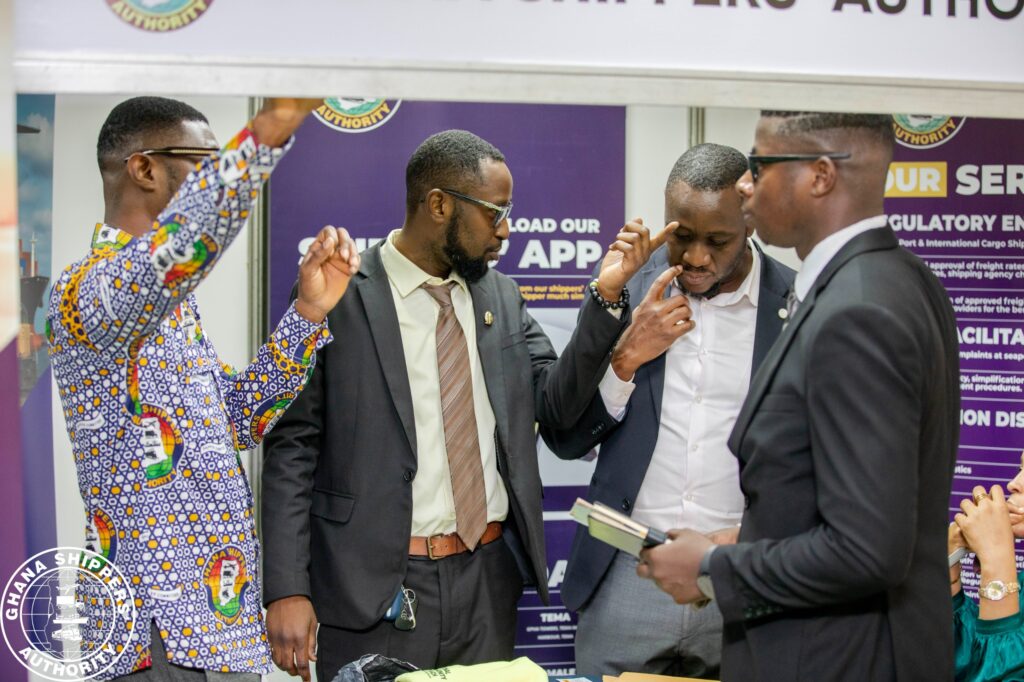 Describing the Fair as a landmark event, President Mahama said it was a bold statement of intent and reflected the shared determination to reset and transform Ghana’s Transport and Logistics system, focusing on modernity, innovation, safety and sustainability.
Describing the Fair as a landmark event, President Mahama said it was a bold statement of intent and reflected the shared determination to reset and transform Ghana’s Transport and Logistics system, focusing on modernity, innovation, safety and sustainability.
“Transport, as everyone knows, is the lifeblood of every economy. It leads to new opportunities, opens markets for goods and services, boosts productivity and promotes inclusive national development.”
The Minister for Transport, Joseph Bukari Nikpe, described the Fair as a reflection of “our collective resolve to transform Ghana’s Transport landscape and position it as a catalyst for national development and regional integration.”
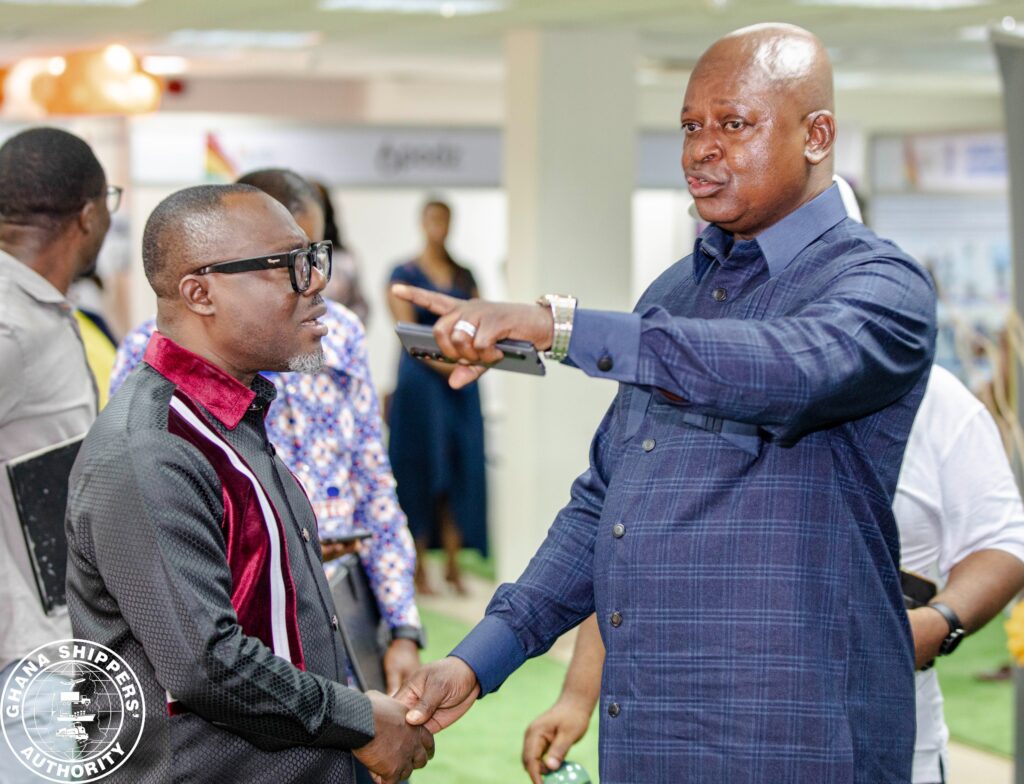 After his address, the President toured the exhibition booths, engaging participants and listening to their perspectives. His message was clear and practical: Ghana’s logistics future depends on strong partnerships between public institutions and private operators. To remain competitive, the sector must work in concert, not in isolation.
After his address, the President toured the exhibition booths, engaging participants and listening to their perspectives. His message was clear and practical: Ghana’s logistics future depends on strong partnerships between public institutions and private operators. To remain competitive, the sector must work in concert, not in isolation.
GSA at the Forefront: Digital Drive and Strategic Focus
Among the many exhibitors, the GSA stood out. Its booth drew significant attention, including a visit from the Minister for Transport, Hon. Joseph Bukari Nikpe, who was received by GSA’s Chief Executive Officer, Prof. Ransford Gyampo.
Prof. Gyampo briefed the Minister on GSA’s ongoing initiatives to deepen strategic partnerships with the aim to reduce trade costs and improve efficiency. The GSA’s goal, he said, is to make shipping in Ghana simpler, faster, and more cost-effective, a crucial step in strengthening the country’s trade competitiveness.
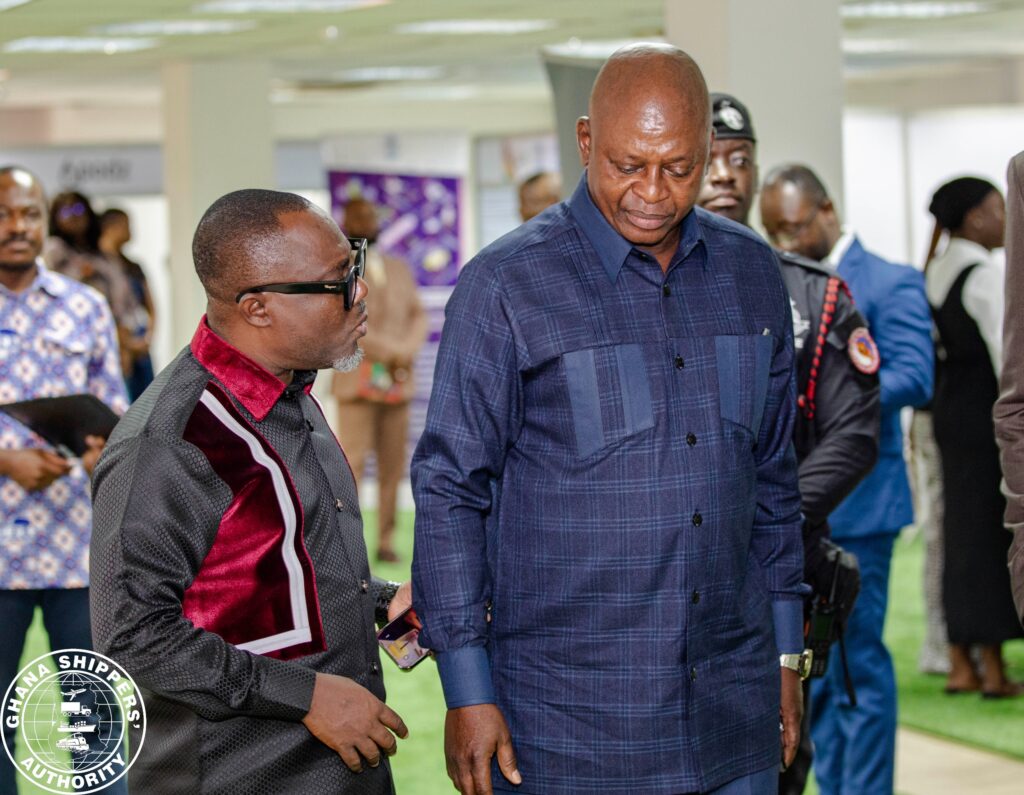 Impressed by the GSA’s direction, the Minister encouraged the team to sustain the momentum by enhancing stakeholder engagement and attracting greater private sector participation in Ghana’s logistics ecosystem. His comments reinforced government’s confidence in the GSA’s evolving vision.
Impressed by the GSA’s direction, the Minister encouraged the team to sustain the momentum by enhancing stakeholder engagement and attracting greater private sector participation in Ghana’s logistics ecosystem. His comments reinforced government’s confidence in the GSA’s evolving vision.
The Fair closed on an optimistic note. Participants touted its relevance, calling it a timely platform for dialogue, innovation, and collaboration. They applauded the organizers for their impressive output. As the curtains fell, one message resonated throughout: Ghana’s Transport and Logistics industry is not just keeping pace, it is setting the pace. Through GSA’s leadership and the growing convergence of global players in Accra, Ghana will continue to hold its place as the trade hub of West Africa.


